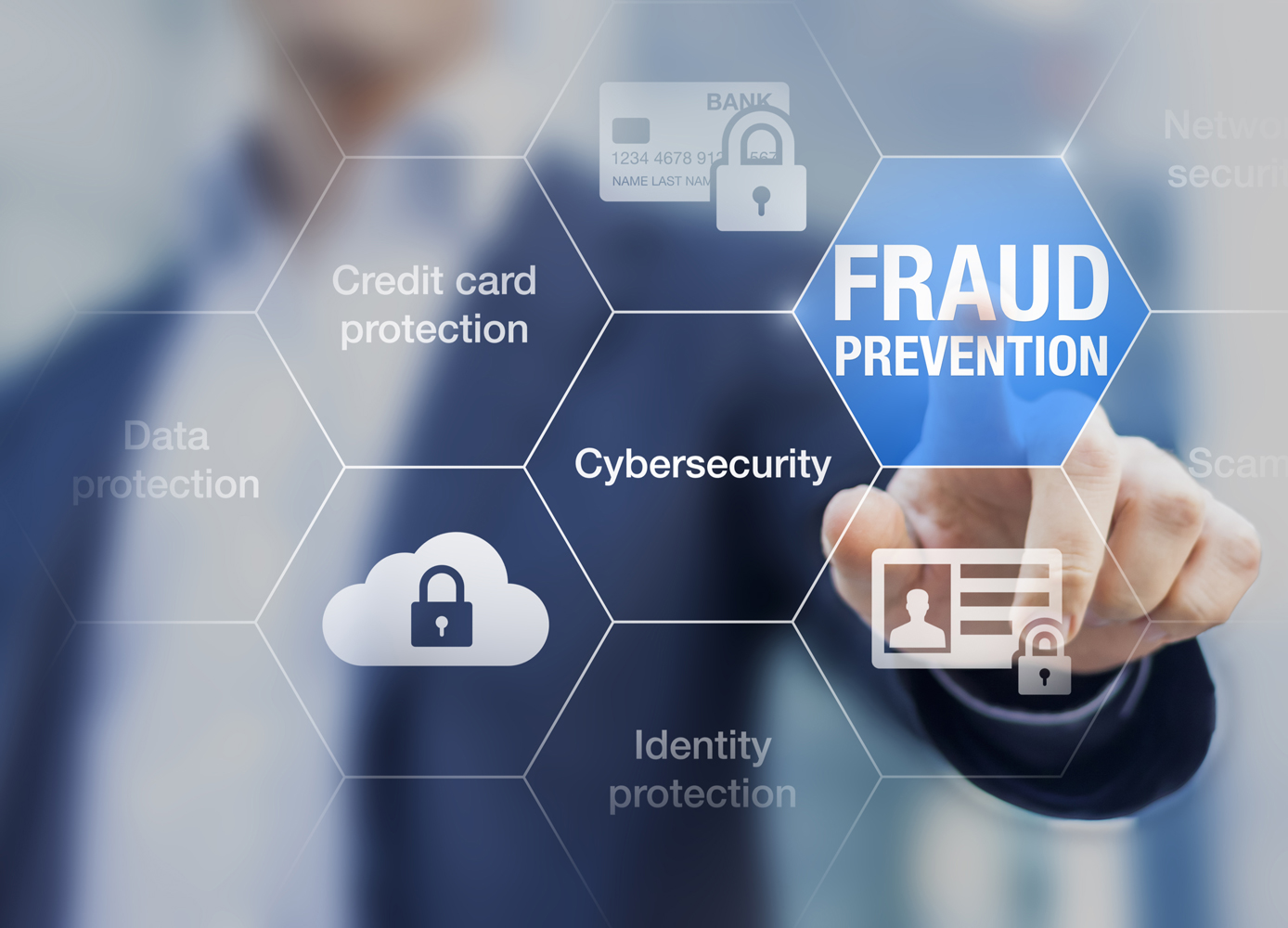It’s more common than you may think. Do you know the signs to watch for?
By Katrina Caruso
One in five Canadians thinks he or she knows someone who may be a victim of elder abuse, according to the Canada Safety Council. The Council reports that between 4% and 10% of Canadian seniors are abused, whether in their own or a relative’s home or in a care facility. If a loved one or neighbour was being physically abused or having his or her savings drained away, would you recognize the signs?
Abuse comes in various forms.
Physical or sexual abuse. The victim may be subjected to pinching, slapping, hitting, and even kicking, and the severity can be run from mild to extreme, including sexual assault and rape. Physical abuse can include withholding medication or physical restraint.
Psychological and mental abuse. Yelling and screaming at someone is obvious abuse, but this category can also include manipulative behaviour and insulting or belittling comments intended to break down the victim’s emotional state.
Financial abuse. This includes anything related to financial dealings or transactions that have not been authorized by the owner of the account. This includes withdrawing money without the owner’s consent, stealing assets, and forging a signature.
What to watch for
– Personality changes. Has your previously cheerful friend recently become sadder or more anxious or angry for no apparent reason?
– Physical marks. Watch for bruises, scratches, broken limbs, and any other physical marks. If your loved one doesn’t have an explanation for these marks, it’s a red flag.
– Hygiene. Neglect is often an early sign of mistreatment. If your loved one is having obvious issues with his or her hygiene, it might be a sign of greater problems.
– Strange behaviour. Abuse can sometimes cause symptoms that look like dementia. If someone with no history of dementia begins exhibiting dementia-like symptoms or other strange behaviour, it might indicate abuse.
What you can do for someone else
– Watch for the signs. People often won’t talk about abuse because they’re embarrassed or perhaps don’t even realize what’s happening.
– If you fear that a loved one, friend, or neighbour is being abused, it’s time to talk to them. Listen to them—and believe what they say. Gather details so that you can build a strong case. During this conversation, be kind and understanding with your loved one; this is not the time to be judgemental.
– If there is a problem and it involves a seniors’ residence or care facility, schedule a meeting with someone in a position of authority at the residence. Bring all the information that you have gathered, and explain the situation calmly, but directly.
– Ask to have a surveillance camera placed in your loved one’s room or another place in the home where this is happening.
– It might be time to consider moving your loved one to another home. Involve the rest of the family so that they can support you during this time.
– Continue the conversation with your loved one and with the retirement home. Continue filing complaints as they come.
– Depending on how the situation is handled, it may also be time to talk to a lawyer or a legal aid clinic. You can also choose to call the police.
What you can do for yourself
For financial matters:
– Don’t let someone else use your bank or credit card, and be careful with whom you share your passwords and banking information. If you’re in a residence, don’t provide these details to anyone who works there; this information should be between you, your bank, and your loved ones (in the case of power of attorney).
– Set up your banking so that you receive direct deposits and bills are paid directly from your account.
– Never sign anything that you don’t understand or haven’t had the chance to read in full. Get someone you trust to look it over for you, if necessary.
In general:
– Stay in touch with your family members and loved ones for support.
– Stay active. Volunteer, take a class, or join a book club or choir—social isolation makes people more vulnerable to elder abuse.
– Know your rights. A good place to start is the Canadian Network for the Prevention of Elder Abuse, which has created a resources section on its website that includes studies, reports, legal information, and government strategies.
– Speak up and ask for help. If something doesn’t feel right, talk to someone who can offer support and advocate for you if necessary. Don’t let yourself be pressured or manipulated by guilt-tripping into doing someone about which you’re uncomfortable.
– Choose your power of attorney carefully.
Photo: iStock/shironosov.






